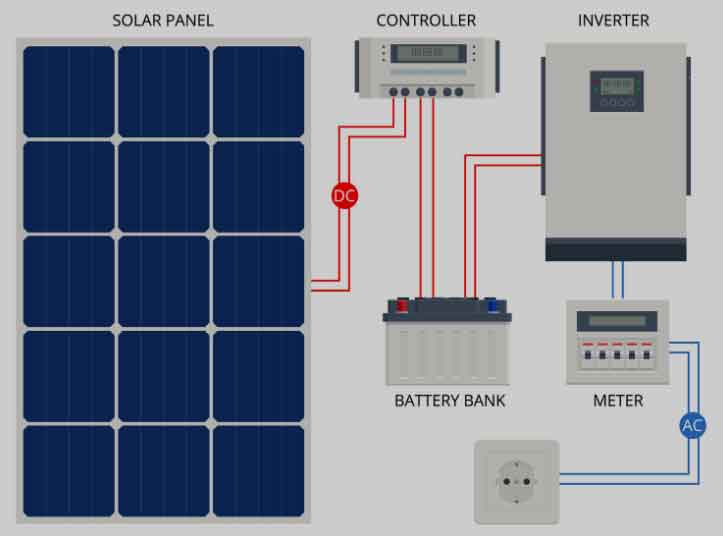Battery Energy Storage Systems (BESS) are redefining sustainability in the energy sector by enabling more efficient use of renewable resources, enhancing grid stability, and reducing the carbon footprint of power generation and consumption. Their role in fostering a sustainable energy future is multifaceted and significant. Here’s a closer look at how Battery Energy Storage Systems are making an impact:

1. Maximizing Renewable Energy Use
Battery Energy Storage Systems store excess energy generated from renewable sources like wind and solar when production exceeds demand. This stored energy can then be used when production is lower than demand, reducing reliance on non-renewable energy sources. By smoothing out the variability of renewable energy, Battery Energy Storage Systems make it possible to integrate a higher percentage of renewables into the energy mix, pushing us closer to a sustainable, carbon-neutral future.
2. Reducing Greenhouse Gas Emissions
By enabling a greater use of renewable energy and reducing the need for fossil fuel-powered peak power plants, Battery Energy Storage Systems directly contribute to a reduction in greenhouse gas emissions. Traditional peak plants are often among the least efficient and most polluting sources of power. Battery Energy Storage Systems can release stored clean energy during peak times, mitigating the need for these plants.
3. Promoting Energy Efficiency
Battery Energy Storage Systems improve the overall efficiency of the power grid by reducing transmission and distribution losses. Energy can be stored and then used locally, minimizing the distance electricity needs to travel and, consequently, reducing losses associated with long-distance transmission. This increased efficiency further contributes to reducing overall energy consumption and emissions.
4. Enhancing Grid Resilience
Climate change is increasing the frequency and severity of extreme weather events, which can cause significant disruptions to power supply. Battery Energy Storage Systems can provide essential backup power during outages, improving the resilience of the grid against such events. This is particularly important for critical infrastructure and can help mitigate the broader social and economic impacts of power outages.
5. Facilitating the Shift to Electric Vehicles (EVs)
Electric vehicles are crucial for reducing emissions from the transportation sector. Battery Energy Storage Systems are key to managing the additional load that widespread EV charging places on the grid. They can store surplus renewable energy during off-peak times for use during peak demand periods, including for EV charging. This not only ensures a more stable grid but also means that EVs are more likely to be charged using renewable energy, further reducing the carbon footprint of transportation.
6. Supporting Sustainable Urban Development
Cities are on the front lines of combating climate change, and Battery Energy Storage Systems play a vital role in urban sustainability initiatives. They can be integrated into microgrids, combined with renewable energy sources to power street lighting, public transportation, and municipal buildings, contributing to the development of smart, sustainable cities.
7. Enabling Energy Independence and Security
Battery Energy Storage Systems contribute to energy independence by reducing reliance on imported fossil fuels. By maximizing the use of locally generated renewable energy, countries can improve their energy security and reduce their vulnerability to external supply shocks and price volatility.
8. Driving Economic Benefits
Investment in BESS technology supports green jobs and contributes to the growth of the renewable energy sector. As the technology advances and costs continue to fall, BESS are becoming an increasingly economically viable solution for energy storage, further accelerating the transition to sustainable energy systems.
Conclusion
Battery Energy Storage Systems are at the forefront of the transition to a more sustainable energy future. Through their ability to store and manage renewable energy, enhance grid efficiency and resilience, and support the decarbonization of both the power and transportation sectors, BESS are not just redefining sustainability in the energy sector; they are laying the groundwork for a sustainable world.
